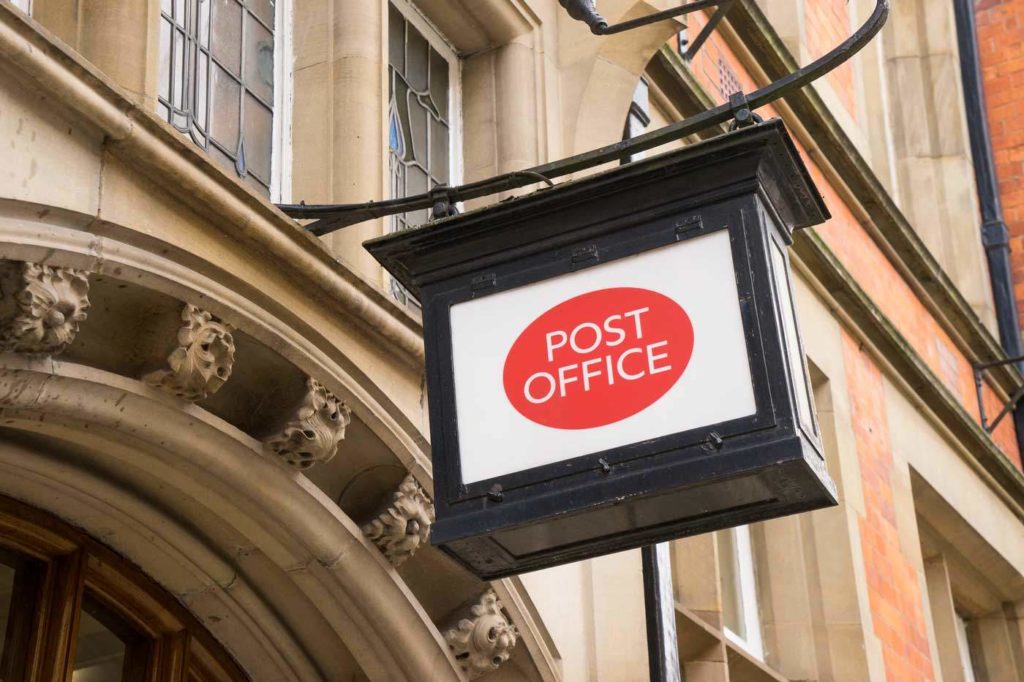In 2011, the Post Office Savings Bank (POSB) celebrated its 150th anniversary, having first opened for business on 16 September 1861. The scheme offered ordinary people the opportunity to secure their savings with the government, which was perceived as a solid investment and gave the Treasury some valuable cash assets. Small savers were welcomed, and the association between national government and the Post Office conferred the impression of safety which helped small investors feel secure.
Other financial services were gradually introduced, such as government stocks and bonds (1880), war savings (1916) and premium bonds (1956), and many a child’s first introduction to finance was the Post Office Savings Book.






















